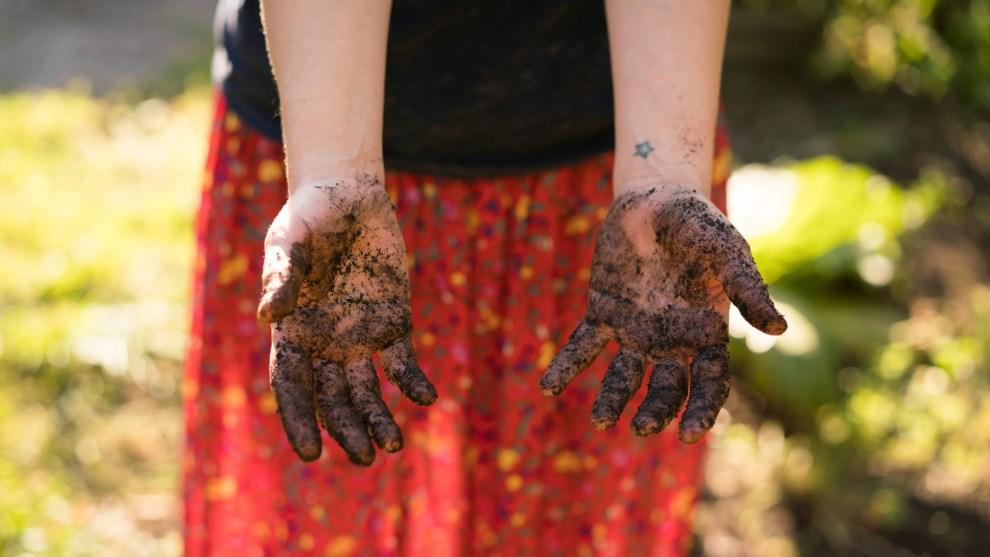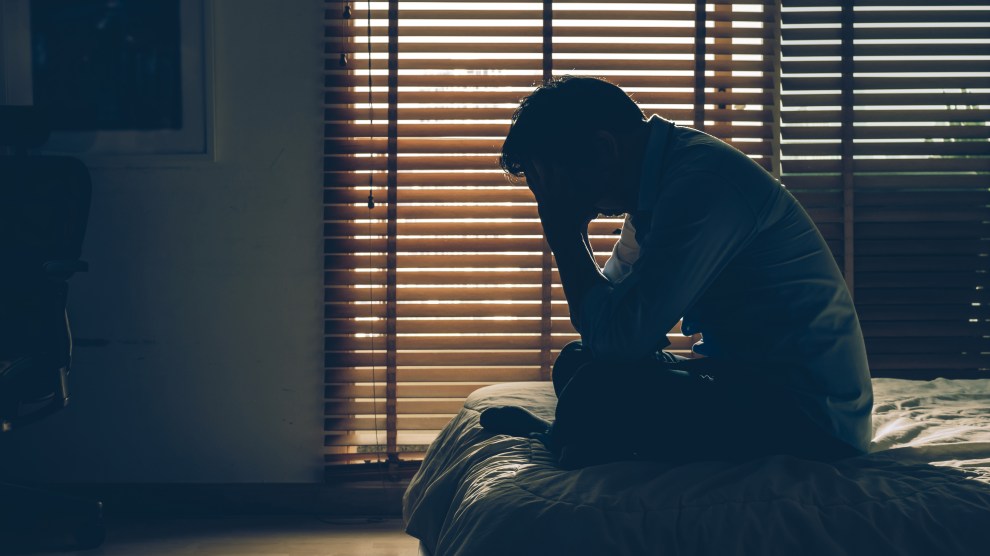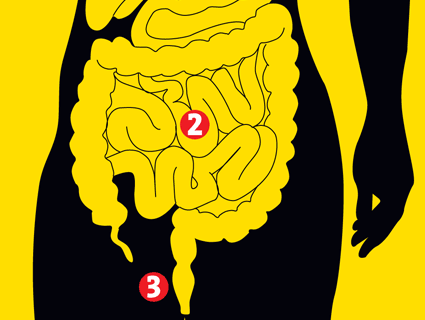
Raphye Alexius/Image Source via ZUMA Pres
We may have moved on from the time of obsessively disinfecting our groceries before we brought them inside, but hyper-vigilance over germs has been one of the major side-effects of the global pandemic. Even with the knowledge that the airborne coronavirus is less likely to be transmitted on what we touch, the many surfaces in our lives—from our hands to airplanes—have spent the last year being scrubbed like never before.
But that may not necessarily be a good thing. In fact, as science journalist Markham Held writes in the New York Times today:
…We continue to annihilate every microbe in our midst, even though most are harmless. The New York City subway, for example, has been undergoing a 24-hour cleaning protocol that includes ultraviolet light and a variety of disinfecting solutions. Survey data shows most subway riders feel safer because of it.
But some health experts are watching this ongoing onslaught with a mounting sense of dread. They fear that many of the measures we’ve employed to stop the virus, even some that are helpful and necessary, may pose a threat to human health in the long run if they continue.
Their worries center on the human microbiome—the trillions of bacteria that live on and inside our bodies. They say that excessive hygiene practices, inappropriate antibiotic use and lifestyle changes such as distancing may weaken those communities going forward in ways that promote sickness and imperil our immune systems. By sterilizing our bodies and spaces, they argue, we may be doing more harm than good.
The microbiome exists in all parts of our bodies—famously our guts, but also our mouths, noses, skin, lungs, brains, and, among many people, vaginas. Our bodies’ interaction with them serves an essential purpose in keeping our systems sufficiently strong to keep dangerous external bacterial invaders at bay as well as helping to mitigate or prevent diabetes, asthma, obesity, and autoimmune diseases. But, as with most things, this system needs to be exercised to remain robust, and therein lies the problems with pandemic cleanliness. Held writes:
In January, a global consortium of health researchers published a paper in the Proceedings of the National Academy of Sciences (PNAS) in which they raise the alarm about the microbial fallout that may follow in the pandemic’s wake. “We’re starting to realize that there’s collateral damage when we get rid of good microbes, and that has major consequences for our health,” says B. Brett Finlay, first author of the PNAS paper and a professor in the department of microbiology and immunology at the University of British Columbia.
So what is the alternative? Put simply, Held notes, “[W]e’re going to have to live with germs again.” But balancing the urgency of doing so, with the urgency of controlling a global pandemic is not so easy. Given what we’ve gone through over the last year, it may be worth starting to nurture our depleted microbiomes by indulging in some nice, unwashed, organic carrots.

















